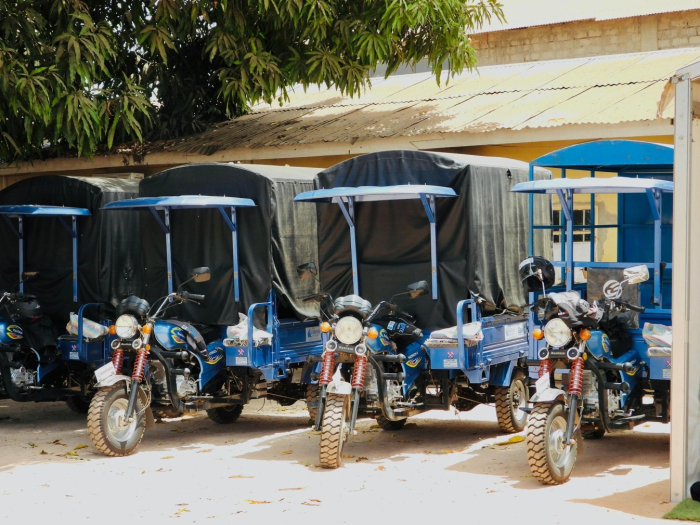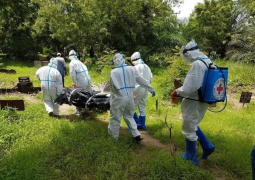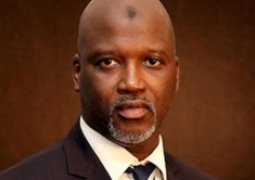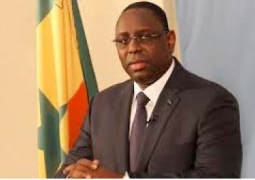
The vehicles are meant for communities in the Western 2, Central River and Upper River Regions in view of the fact that these are areas identified by the 2023 Immunisation Equity Assessment as having the highest numbers of zero-dose children.
This ground breaking initiative was designed to enhance equity, efficiency, and timeliness in the distribution of essential vaccines and health commodities, ensuring that no child is left behind in accessing life-saving immunisations and essential health services across the country
Also, the event witnessed the launch of the Drive Initiative; an ambitious drive meant to close the "zero-dose gap" in routine immunisation, ensuring all children receive necessary vaccinations.
Addressing the gathering, Nafisa Binte Shafique, the UNICEF Country rep described the event as a landmark occasion and one that represents more than just the handover of vehicles, but a bold step forward in their shared journey towards health equity and social justice, particularly for children.
“This is more than a logistical milestone—it is a reaffirmation of a fundamental principle: that every child has the right to survive, to thrive, and to grow up healthy—no matter where they are born or where they live.”
She explained that the areas receiving the gesture are areas identified by the 2023 Immunisation Equity Assessment as having the highest numbers of zero-dose children, adding that these are children who have never received a single dose of life-saving vaccines—a stark and urgent reminder of the inequities we must address.
"The DRIVE Initiative was created with one goal: to close this gap. To ensure that children in remote and underserved communities are no longer left behind."
The UNICEF Country rep pointed out that access to routine immunisation is not a privilege—it is a right.
"And it is our duty to make that right a reality for every child in The Gambia. These tricycles are not just vehicles—they are vehicles of justice, tools of protection, and symbols of our shared commitment to equity and child rights. They represent our promise that even the hardest-to-reach child will be seen, will be counted, and will be served."
She thanked their partners and stakeholders for standing with them in this mission, noting that their collaboration, expertise, and investment demonstrate the power of collective action in advancing children’s rights.
Receiving the items, Dr. Ahmadou Lamin Samateh, minister for Health, described the event as another important milestone, which also marks the culmination of intensive designs, strategic planning and rigorous readiness.
These activities, he said, have spanned from 2023 to May 2025, adding that “today we’ve witnessed the fruits of dedicated collaboration and shared vision for a healthier and more equitable Gambia.”
Minister Samateh recalled that for too long, communities face challenges in many areas to essential health commodities particularly life-saving items and other hurdles.
"We’ve grappled with the complexities of last minute supply chain delivery often leading to vaccine availability gaps at service point and increased logistic burden, among a host of others."
That strategy, he said, has hindered their collective progress towards a comprehensive immunisation coverage.
To address these critical challenges, he said, a drive initiative has been constituted and brought to fruition, building on the invaluable experience from their past interventions and complementing existing in-country structures and incorporating robust plans.
The drive initiative, he said, seeks to revolutionarise their approach to health, pointing out that this initiative is designed to scale up last mile supply chain delivery in two regions relatively with a high burden of zero dose children.
"The objective is clear; that is to achieve high supply chain efficiency and ensure increased vaccine availability at every service point."
That, he believes, would significantly reduce time and logistical burden on health workers, while also eliminating financial challenges they sometimes face in reaching remote areas.
Ousman Bojang, governor of the West Coast Region delivered the welcoming address. The ceremony was graced by health ministry staff and other partners.





